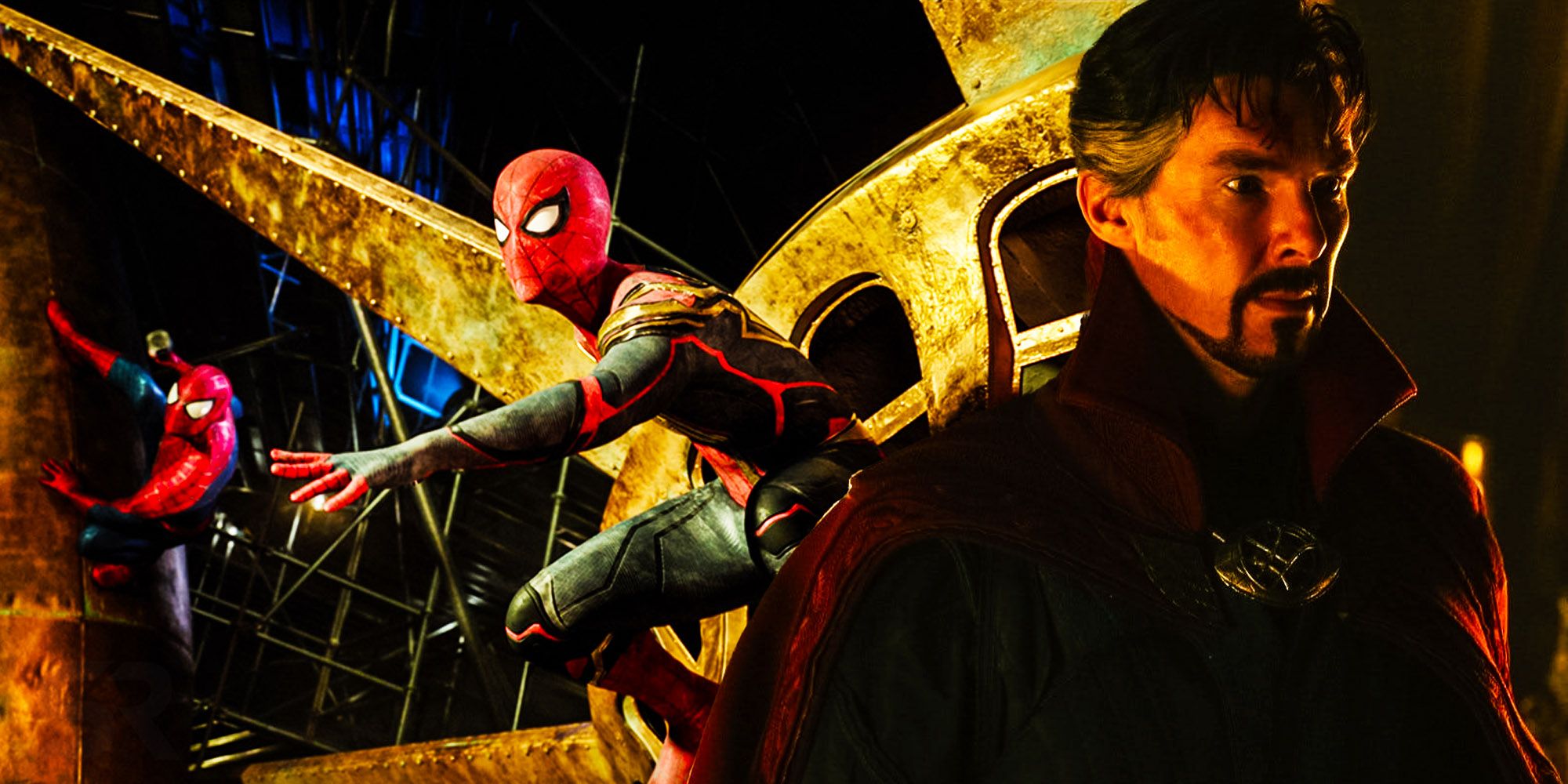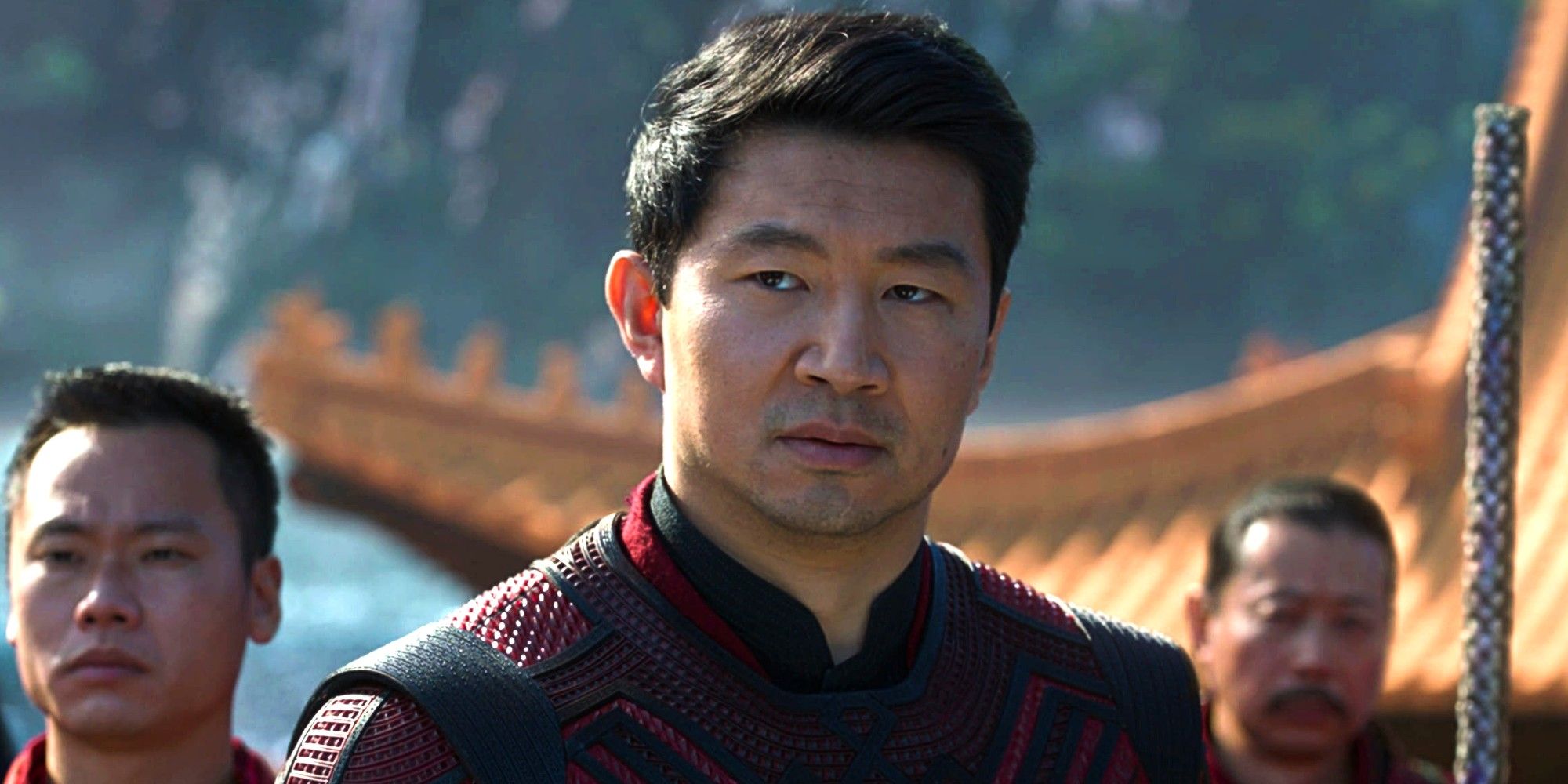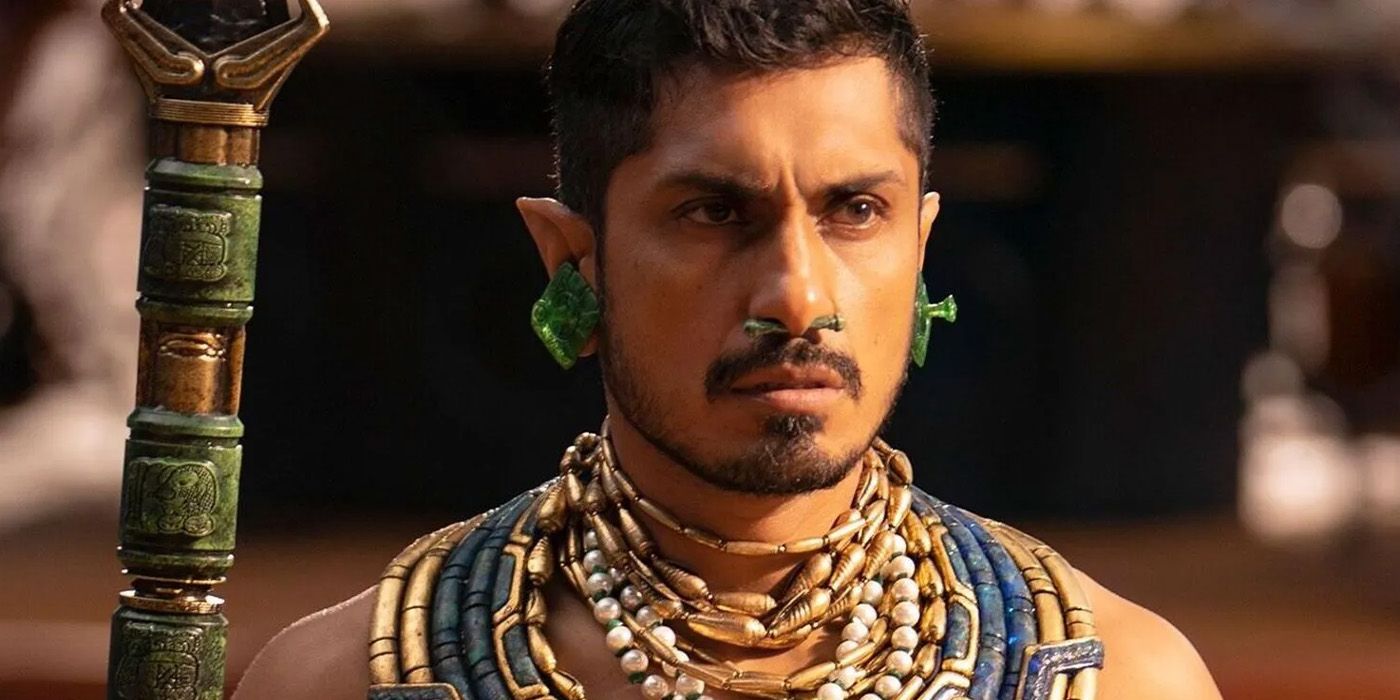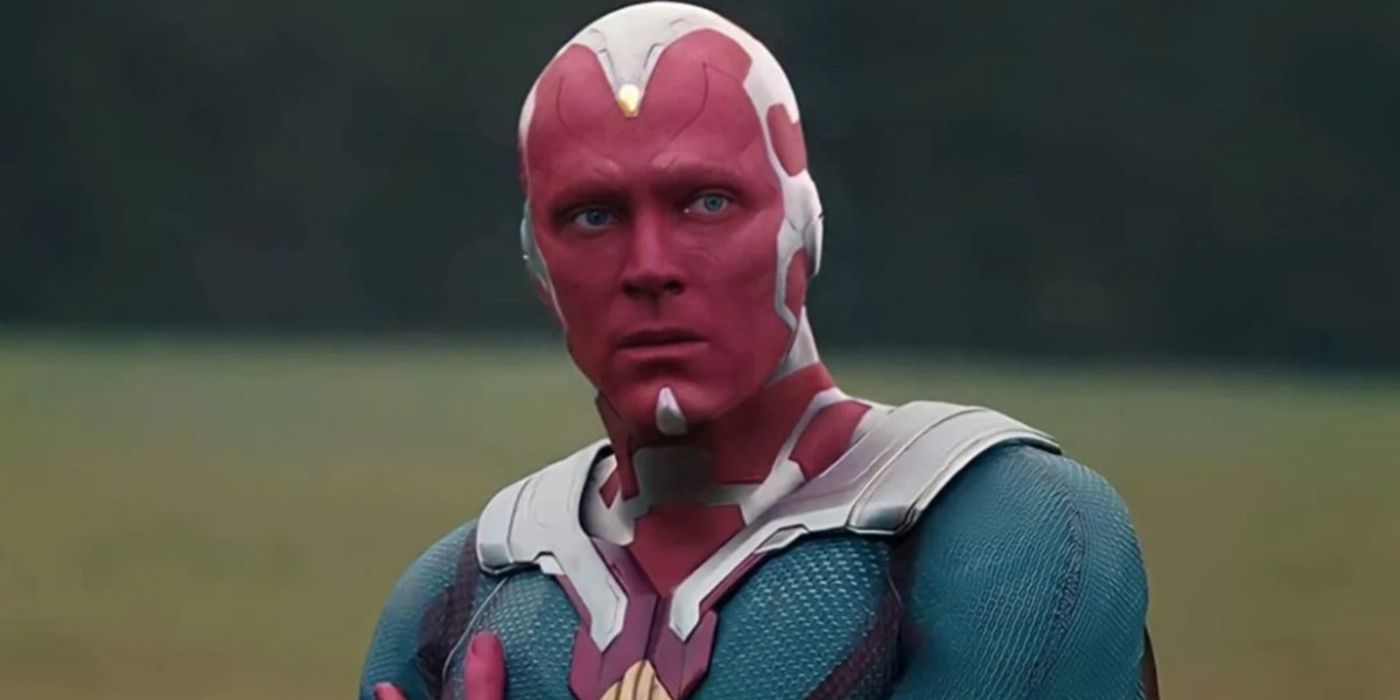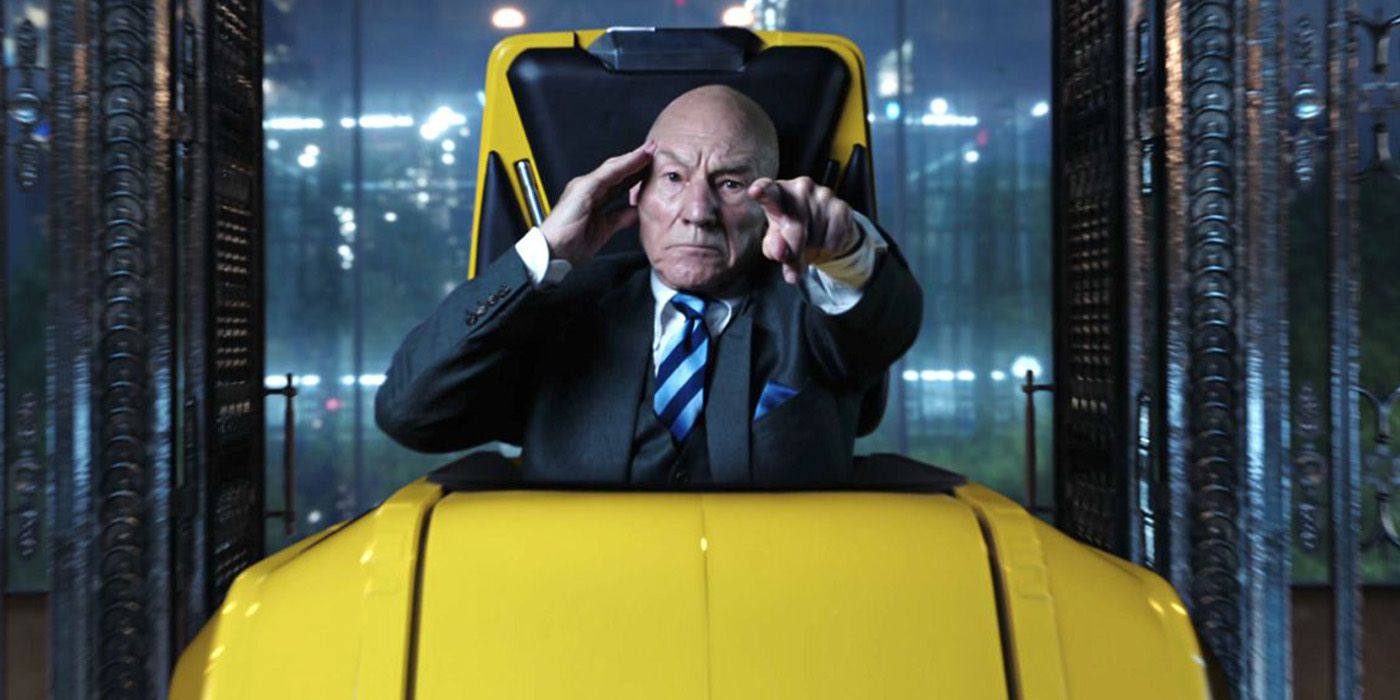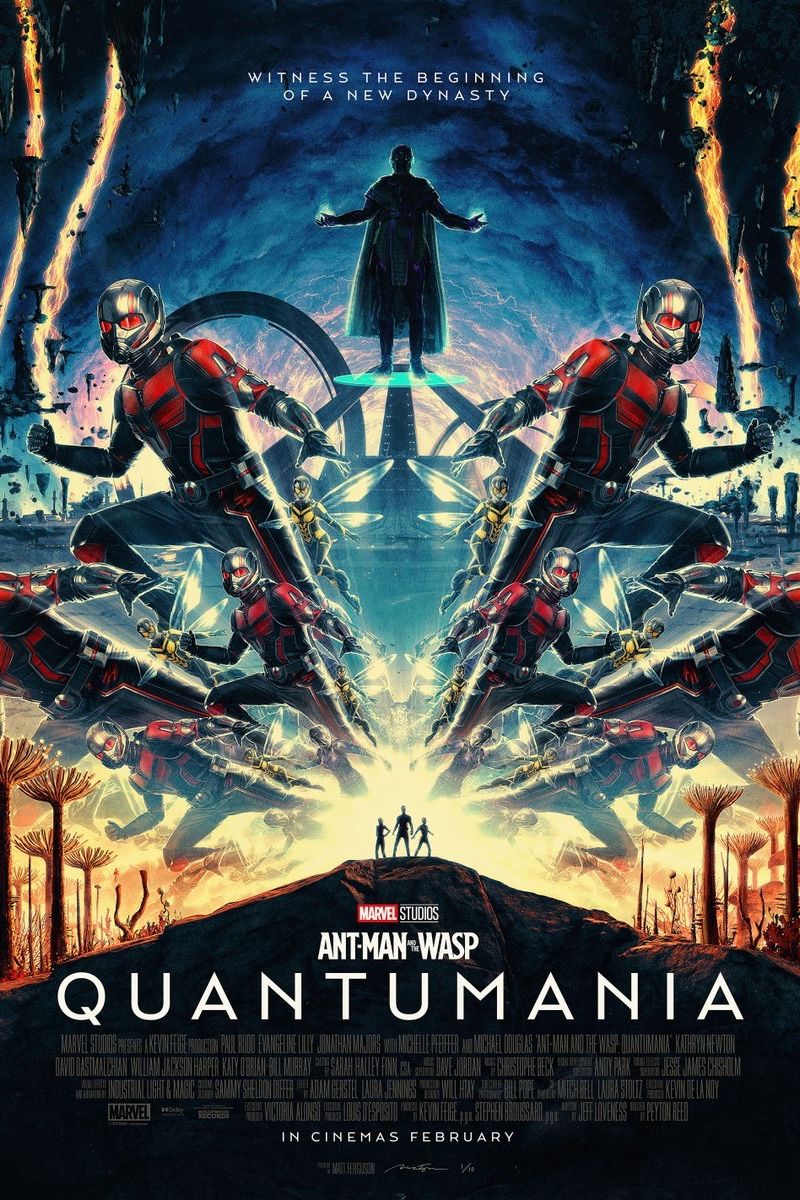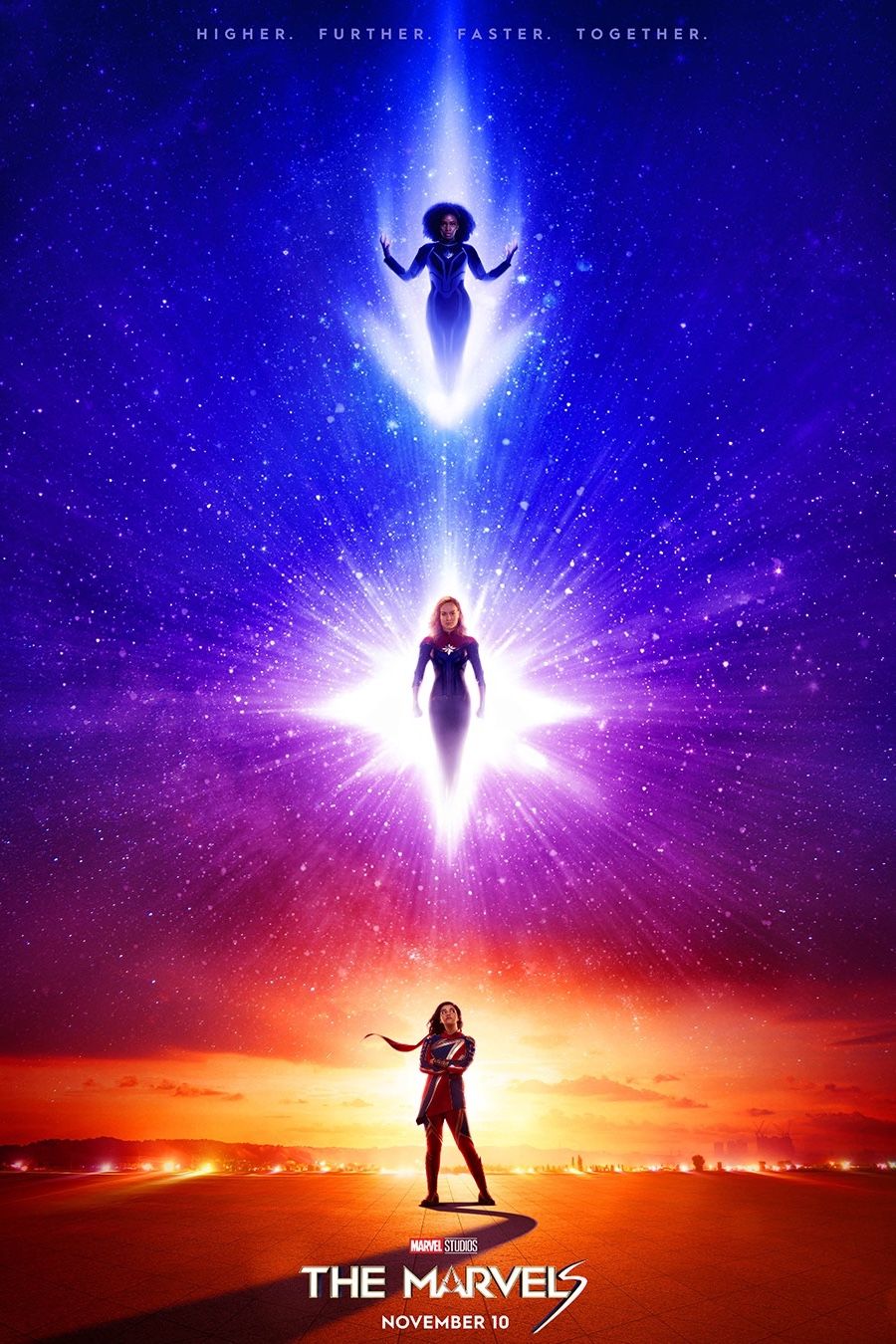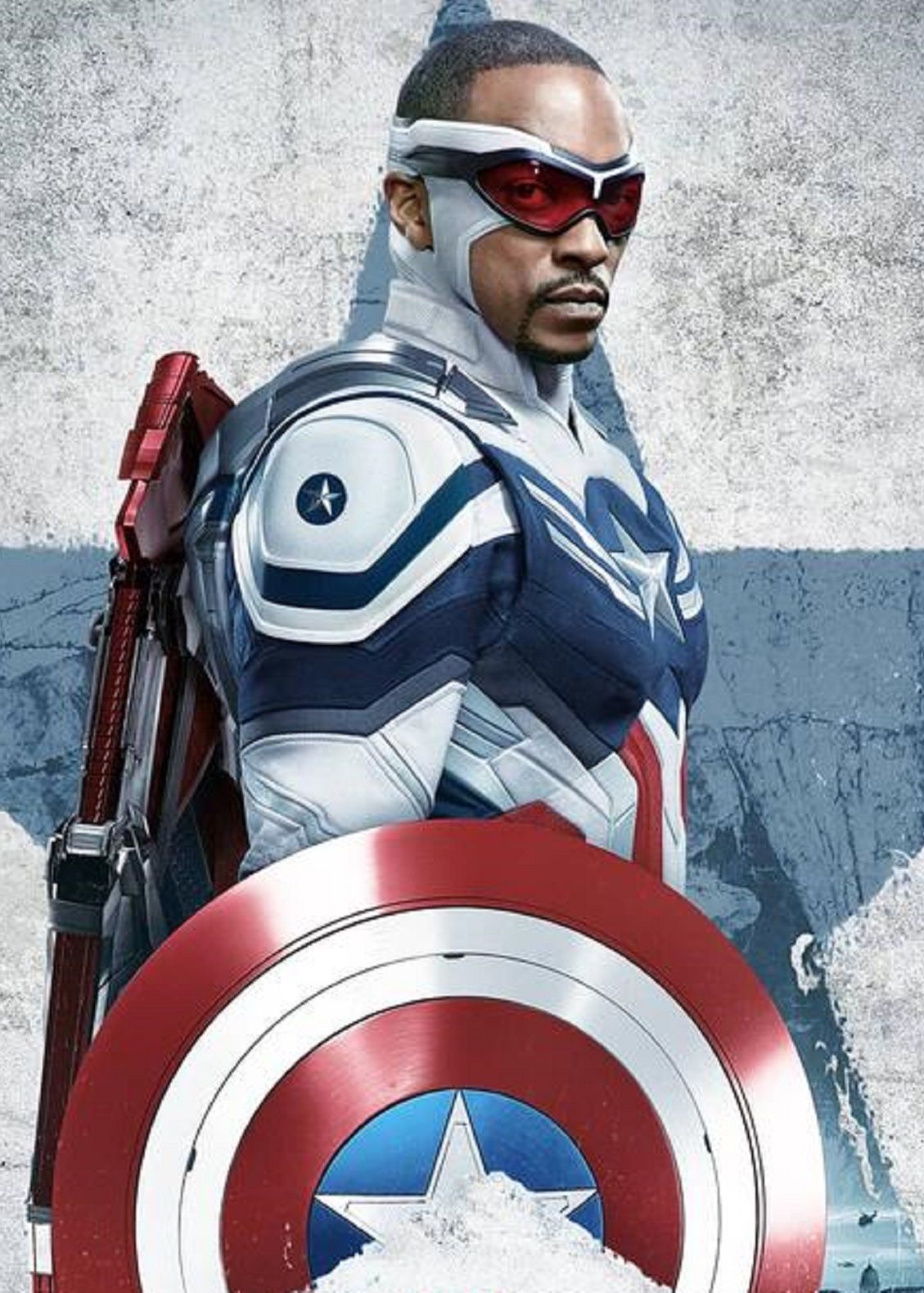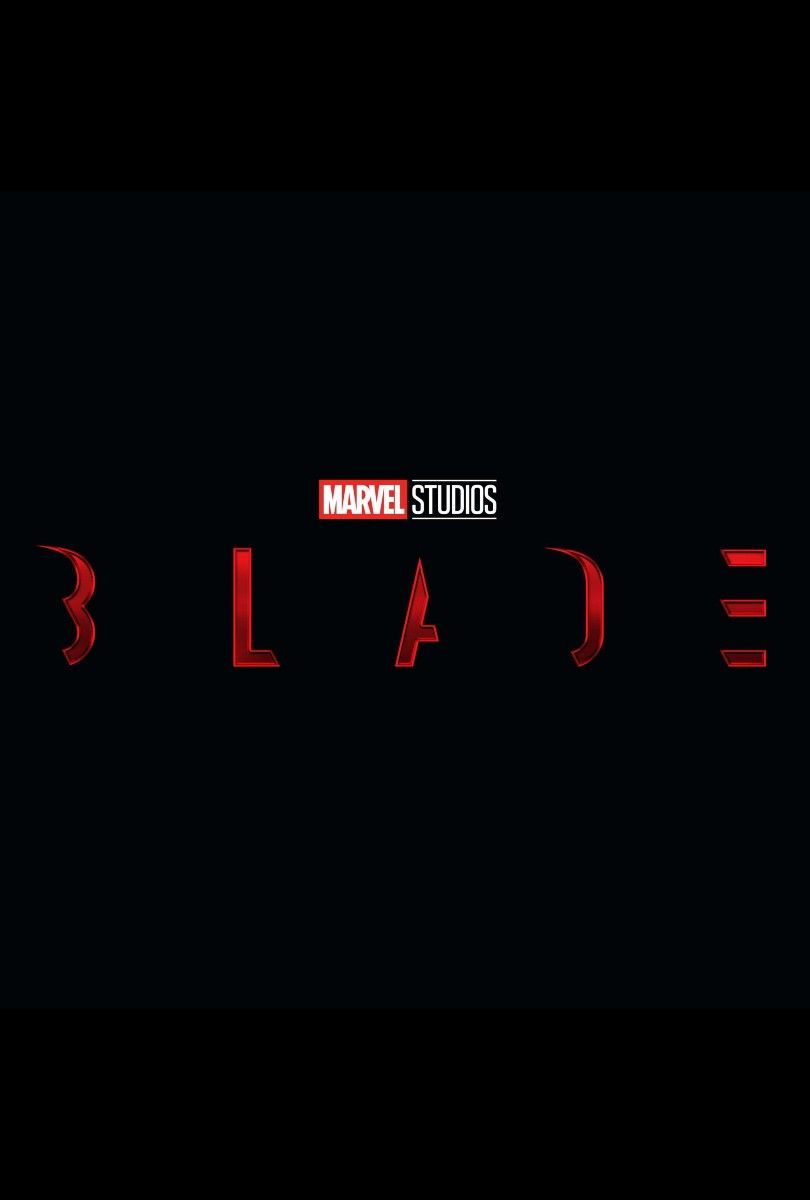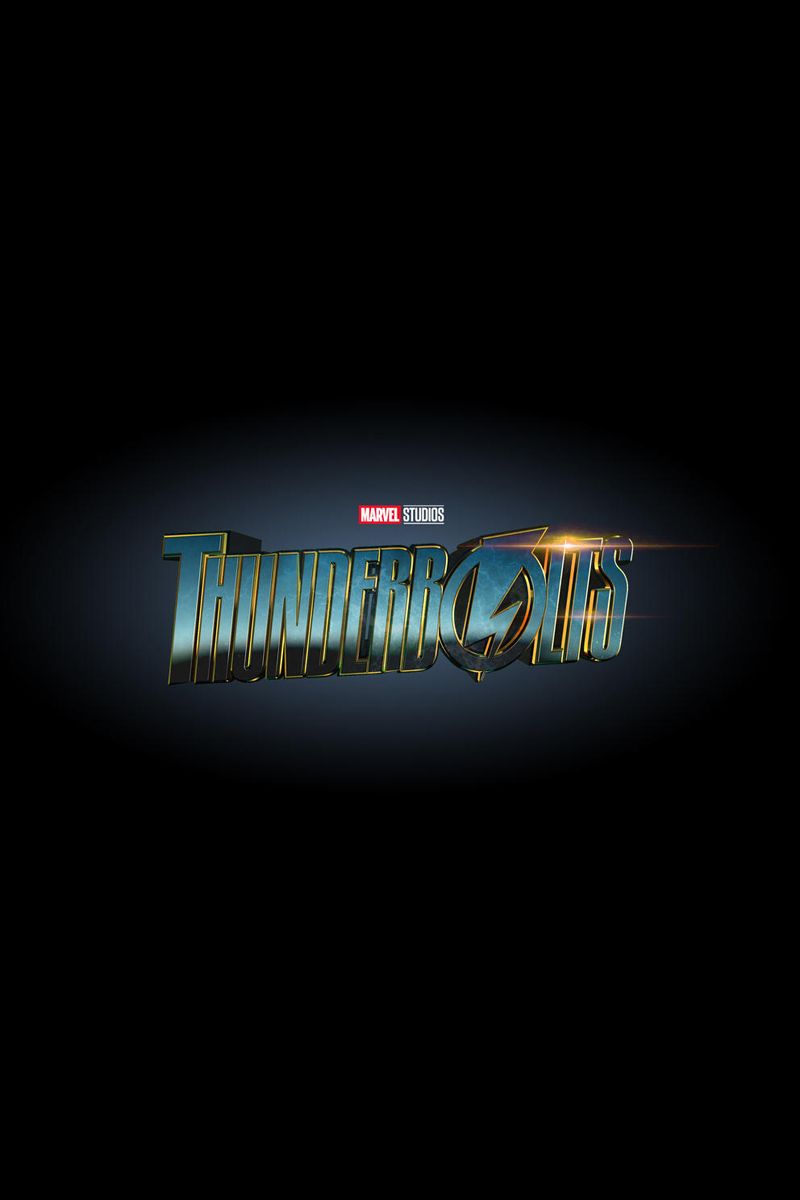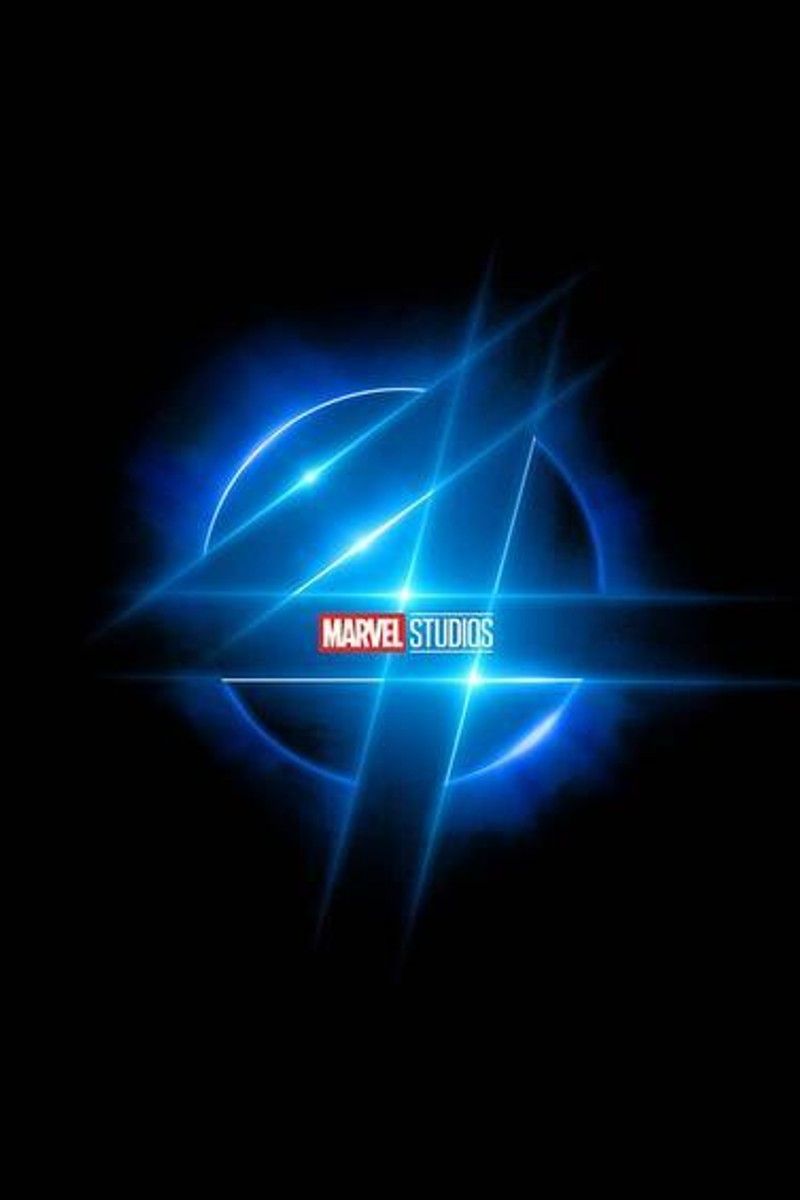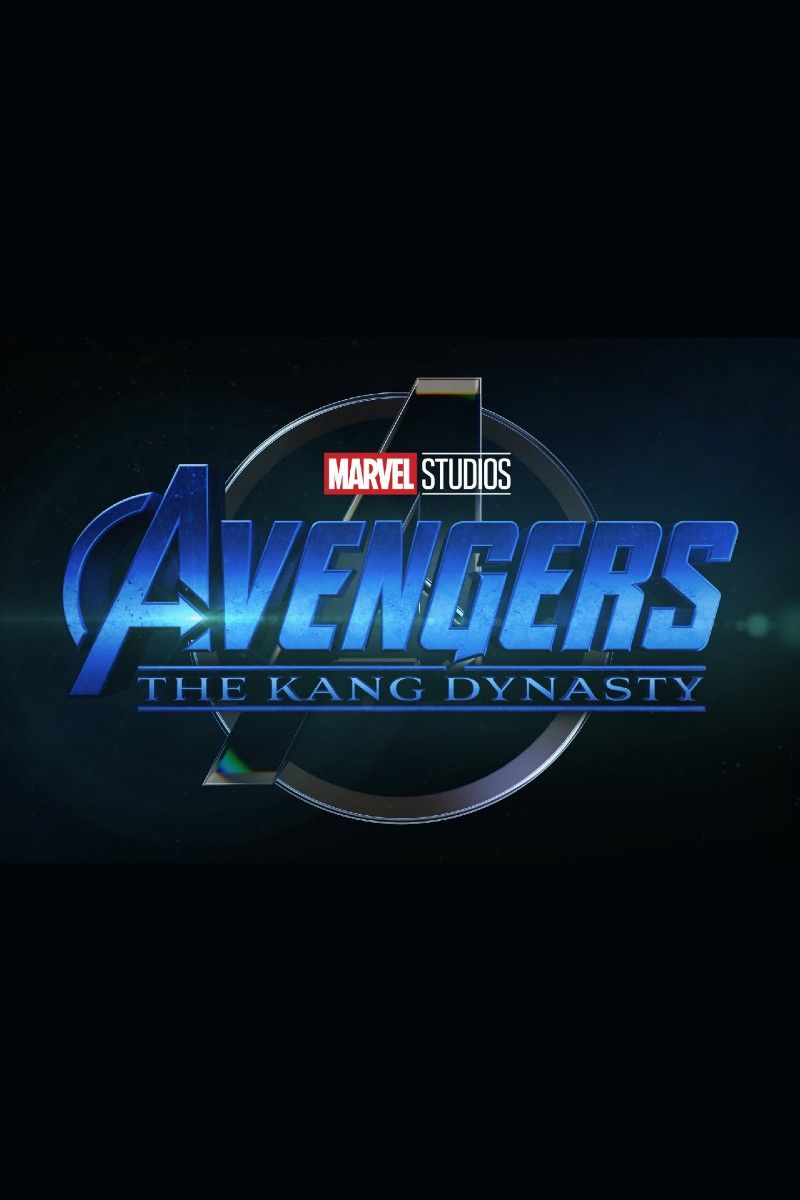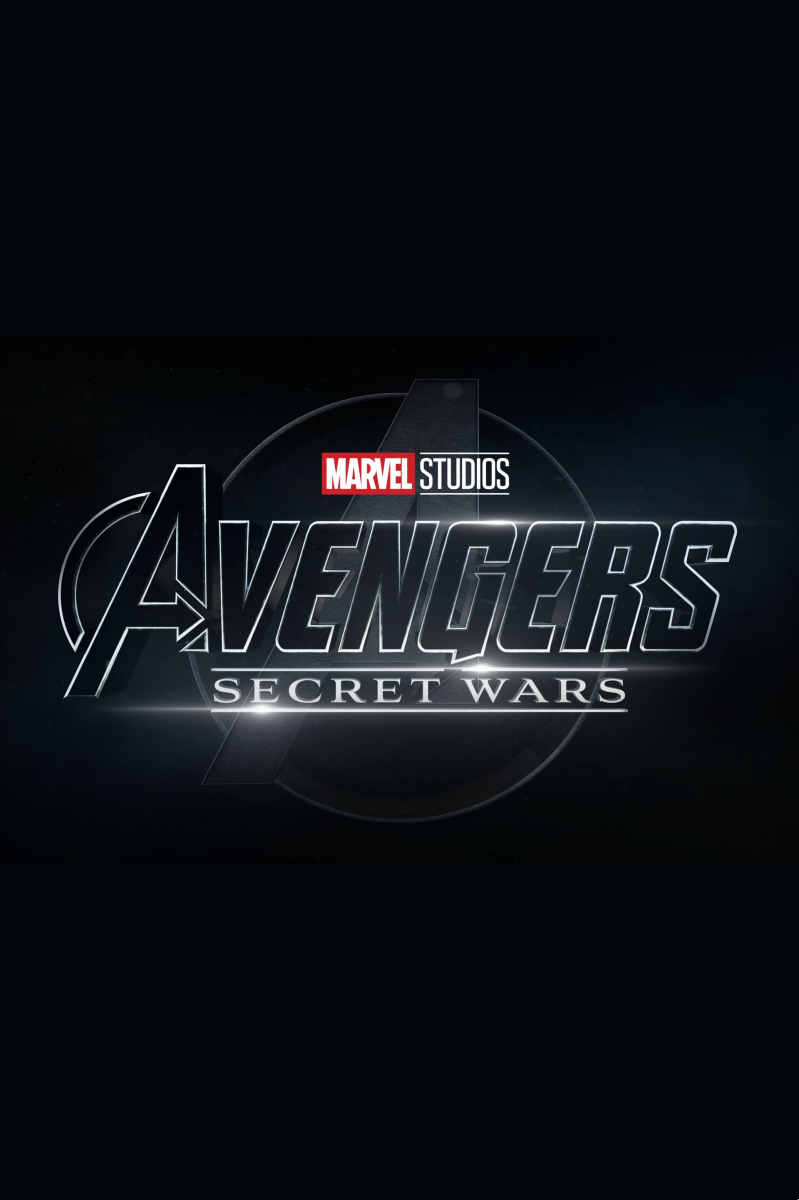The movies in Phase 4 proved that the Marvel Cinematic Universe never has to end. For years, there's been a lingering sentiment that in spite of the unprecedented success experienced by Marvel's movies, it can't last forever. And, admittedly, it is true that most movie franchises must have an ending at some point or another.
Multiple factors can be at play when a franchise comes to an end. Aging actors, for instance, force certain characters to be retired. Audience fatigue is another setback, as a loss of box office potential can most certainly cause the doors to be closed for good on a once-popular movie series. Plus, there's the question of how many worthwhile stories can be told before there's nothing meaningful left to explore. These are all real issues that most movie universes will have to go through sooner or later, and there was a time when it seemed the MCU would be no exception. However, what Marvel managed to pull off in Phase 4 suggests otherwise.
The MCU Is Designed To Continue Forever
Comments from Marvel Studios head Kevin Feige underscrore how the MCU isn't designed to be like other franchises; it's not meant to have a true ending. Feige has said in the past that he sees the MCU as a world akin to Star Wars and Star Trek in that it can be "passed down to future generations." How Marvel planned to make this work has been apparent since the Infinity Saga. With each phase, Marvel has endeavored to introduce new heroes capable of leading their own films, which is ultimately what keeps the MCU sustainable.
When Marvel started the MCU with Phase 1, it never intended for its success to be carried on the shoulders of Captain America, Iron Man, and Thor indefinitely, hence why Phase 2 and Phase 3 added heroes like the Guardians of the Galaxy, Ant-Man, and Doctor Strange. Now, Marvel is about to start its fifth phase and is able to keep things moving via the characters Phase 2 and Phase 3 added to its roster of heroes. Introducing those characters helped Marvel prepare for the inevitable scenario where Captain America and Iron Man were no longer on hand.
Of course, Marvel has a finite number of A-list superheroes to give its own movies. This lineup will be exhausted in time, but Marvel has consistently proven that using obscure heroes can pay off, as it did once more in Phase 4 with Shang-Chi. When looking just how many characters Marvel owns, it's clear that this formula can be exploited for decades. As the heroes that lead the MCU now are gradually set aside, Marvel can look to the dozens and dozens of unknowns from the 1970s, 1980s, and 1990s comics, like Darkhawk, Jack of Hearts, Ka-Zar, Machine Man, and more.
Phase 4 Proved The MCU Is Still Huge (Even When It's Not Amazing)
In contrast to many of the movies released during the first three phases, Phase 4 isn't shaping up to be remembered as a celebrated era for Marvel. It had some massive hits in Doctor Strange in the Multiverse of Madness, Black Panther: Wakanda Forever, Spider-Man: No Way Home, but also showed some cracks with the reception to Eternals and Thor: Love and Thunder, which exposed flaws in Marvel's current strategy. But in spite of these hiccups, Phase 4 went a long way toward expanding the MCU and revealing the scope of what Marvel can do in the future.
Marvel deepened the mythos of the MCU by reaching into lesser-known stories like the Eternals comics, with which it established new ideas and characters and then tied them to the history of the MCU. Thor 4 revealed that gods from countless mythological pantheons exist as real people in the MCU, while Doctor Strange 2 provided a glimpse at the possibilities that come with the multiverse. Plus, Marvel brought in new unique worlds to explore through the introductions of Black Panther 2's Talocan and Shang-Chi's Ta Lo. All of these places and concepts give Marvel storytelling opportunities it can use for years to come.
Marvel's Phase 4 TV Shows Brought The MCU Out Of Theaters
As if its movies weren't enough, Marvel expanded into streaming with a handful of TV shows set directly in the MCU. Unlike the situation with Agents of SHIELD and the other shows that preceded Phase 4, Marvel didn't hesitate to make them really matter in terms of the bigger picture. Just how important they were was made evident in Doctor Strange 2 when Scarlet Witch's story in WandaVision turned out to be the foundation for the whole plot. By making the TV shows so important to its wider plans, they'll have a chance to go on for at least as long as the movies themselves are still popular.
The decision to make MCU TV shows created another way for Marvel to find success. With Marvel dominating the movie industry and the streaming business, it's become even harder to imagine the MCU ever dying. Not unlike how Phase 4's movies gave big-screen stories to C-list superheroes such as Shang-Chi and the Eternals, the TV side of the MCU can maintain its longevity by continuously building onto its library of characters. That appears to be exactly what it's doing, considering that it's working on new shows, as opposed to just focusing on producing additional seasons of its existing shows.
Phase 4's Multiverse Means The MCU Really Can Go On Forever
Marvel's use of the multiverse created yet another avenue that will ensure the MCU lives on. No Way Home gave two separate Spider-Man franchises their own places in MCU canon, and Doctor Strange 2 did the same with the world of Fox's X-Men universe when it featured a cameo from Patrick Stewart's Professor X. By making other Marvel movie franchises a part of its universe, it's made it so that every Marvel movie that's ever made can be part of the same shared universe. So in the extremely unlikely event that superheroes movies stop being profitable and Marvel subsequently has to stop making movies for a while, the MCU will essentially have a backdoor it can use to become relevant again. Upon the eventuality that it reboots the franchise with new versions of Captain America, Spider-Man, and all the others, they'd all be occupants of yet another reality in the Marvel Cinematic Universe's multiverse.

